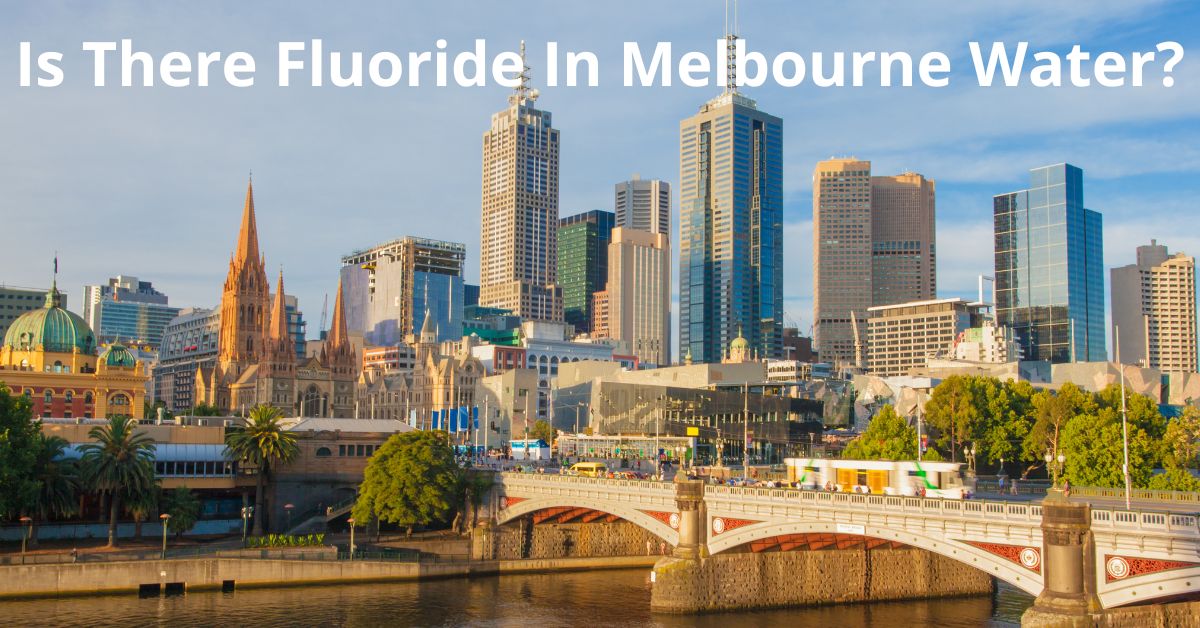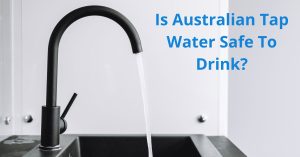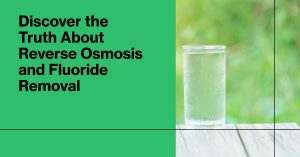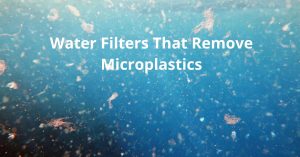As a Melbourne resident and water quality enthusiast, I’ve often wondered about the quality of the tap water we drink every day. One question that frequently comes up in conversations with friends and family is whether our water contains fluoride.
What chemicals are in Melbourne tap water?
Before we focus on fluoride, let’s take a closer look at the various chemicals present in Melbourne’s tap water. It’s important to understand that our water undergoes treatment to ensure it’s safe for consumption. Here are some of the key components:
Chlorine: This disinfectant kills harmful bacteria and microorganisms.
Fluoride: Yes, fluoride is indeed present in Melbourne’s water supply (more on this later).
Lime and Soda Ash: According to Yarra Valley Water, “Lime and soda ash are used to lower the pH levels of water to neutral (pH 7) (neither acid nor base) after fluoride and chlorine have been added. They are also added to the water to prevent corrosion and reduce the formation of scale (a crust that can form on pipes and other water supply fittings).
Fluoridation in Melbourne: Benefits and Choices
Water fluoridation has been a standard practice in Australia since the 1960s, and Melbourne has been fluoridating its water supply since 1977. The primary reason for adding fluoride to our water is to improve dental health by reducing tooth decay. Studies have shown that fluoridated water can significantly reduce the incidence of dental cavities, especially in children. The Australian Government’s National Health and Medical Research Council (NHMRC) supports water fluoridation as a safe and effective public health measure.
However, I understand that some people may have concerns about fluoride in their drinking water. Although health authorities generally agree that fluoridated water is safe and beneficial, it’s crucial to remain informed and base your decisions on your individual preferences.
If you’re looking to reduce or remove fluoride from your tap water, there are several options available:
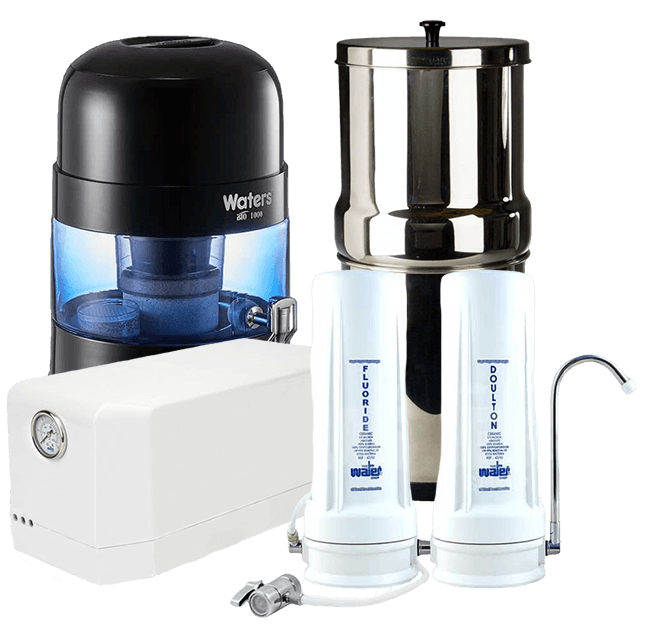
- Benchtop water filter: These compact filters sit on your kitchen counter and can remove various contaminants, including fluoride, depending on the type of filter used. They’re a great option if you’re renting or don’t want to make permanent changes to your plumbing.
- Reverse osmosis system for home: This is one of the most effective methods for removing fluoride and other minerals from water. A reverse osmosis system can be installed under your sink or as a whole-house system, providing purified water throughout your home.
- Undersink Water Purifier: Similar to benchtop filters, undersink purifiers can remove fluoride and other contaminants. They’re hidden away under your sink, saving counter space and providing a cleaner look in your kitchen.
Balancing Water Quality and Personal Choice
It’s worth noting that while these systems can remove fluoride, they may also remove beneficial minerals from your water. If you choose to use a filtration system, you might want to consider remineralising your water or ensuring you’re getting essential minerals from other sources in your diet.
As someone passionate about water quality, I’ve found it fascinating to learn about the treatment processes our tap water undergoes. The addition of lime and soda ash, as mentioned by Yarra Valley Water, is a perfect example of the careful balance maintained in our water supply. Not only do these additives aid in balancing the pH following the addition of fluoride and chlorine, but they also significantly safeguard our plumbing infrastructure.
While researching this topic, I’ve come to appreciate the complexity involved in providing safe, clean water to millions of people. Health authorities did not make the decision to add fluoride to our water supply lightly, and they continue to monitor and evaluate it.
Your Choice
Ultimately, whether you choose to drink fluoridated tap water or opt for a filtration system is a personal decision. What’s most important is that you stay hydrated and make informed choices about your water consumption.
If you’re curious about the specific levels of fluoride and other substances in your local water supply, I recommend checking out the annual water quality reports published by Melbourne’s water authorities. These reports provide detailed information about water testing results and can give you a clearer picture of what’s in your tap water.
Remember, our tap water in Melbourne is generally of very high quality and safe to drink. However, if you have any concerns or specific health considerations, it’s always a good idea to consult with your healthcare provider or a water quality expert.

